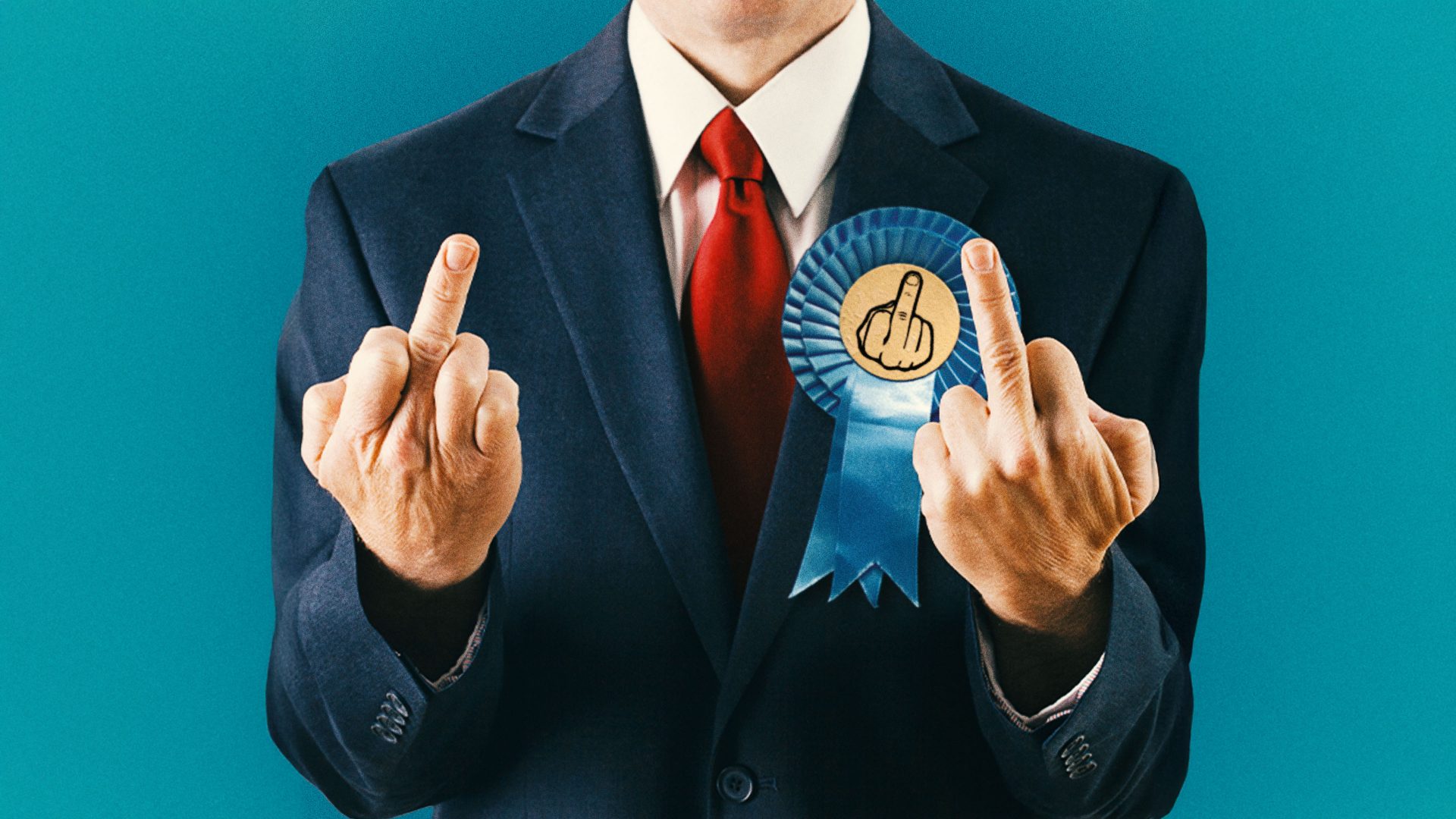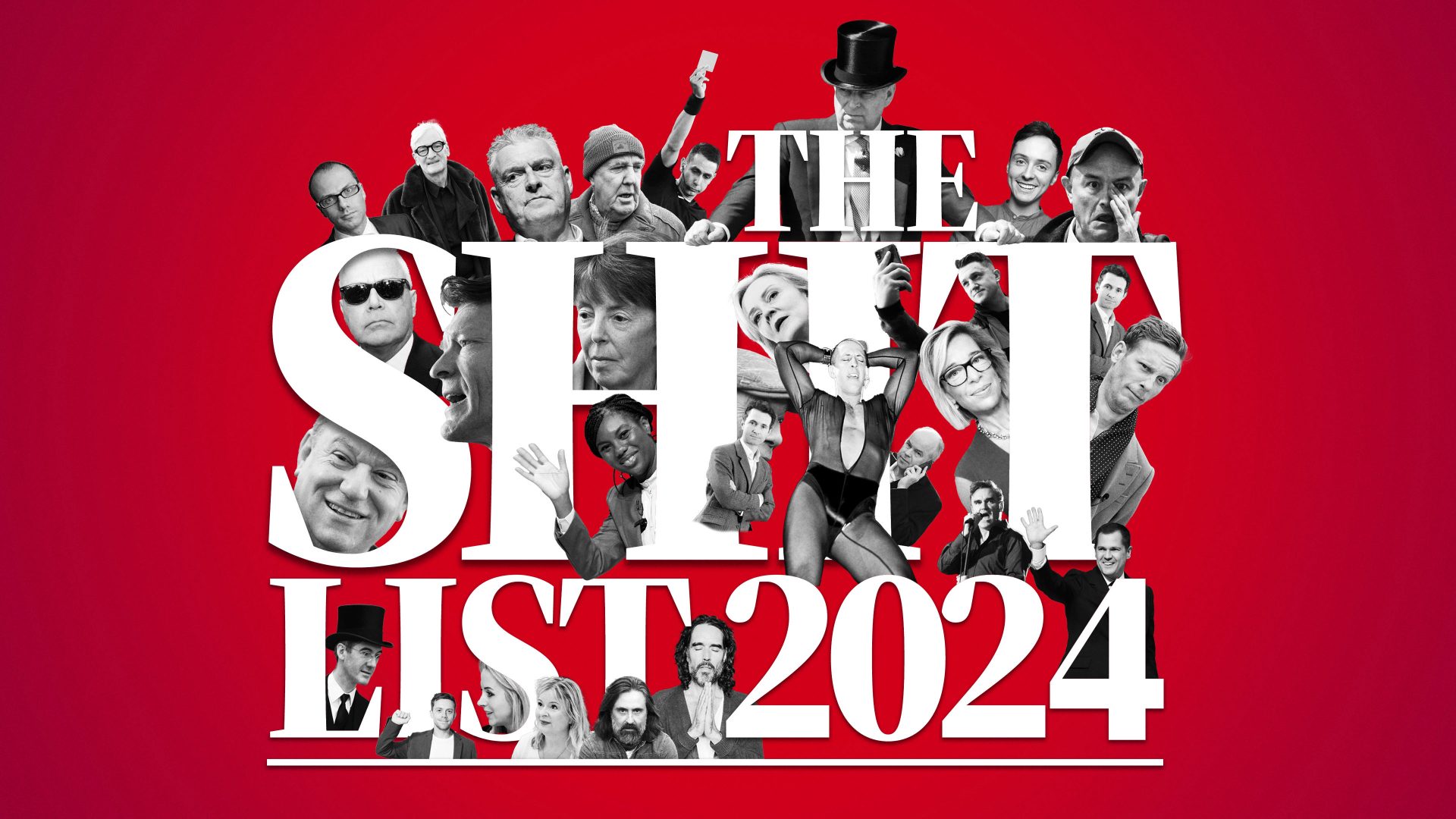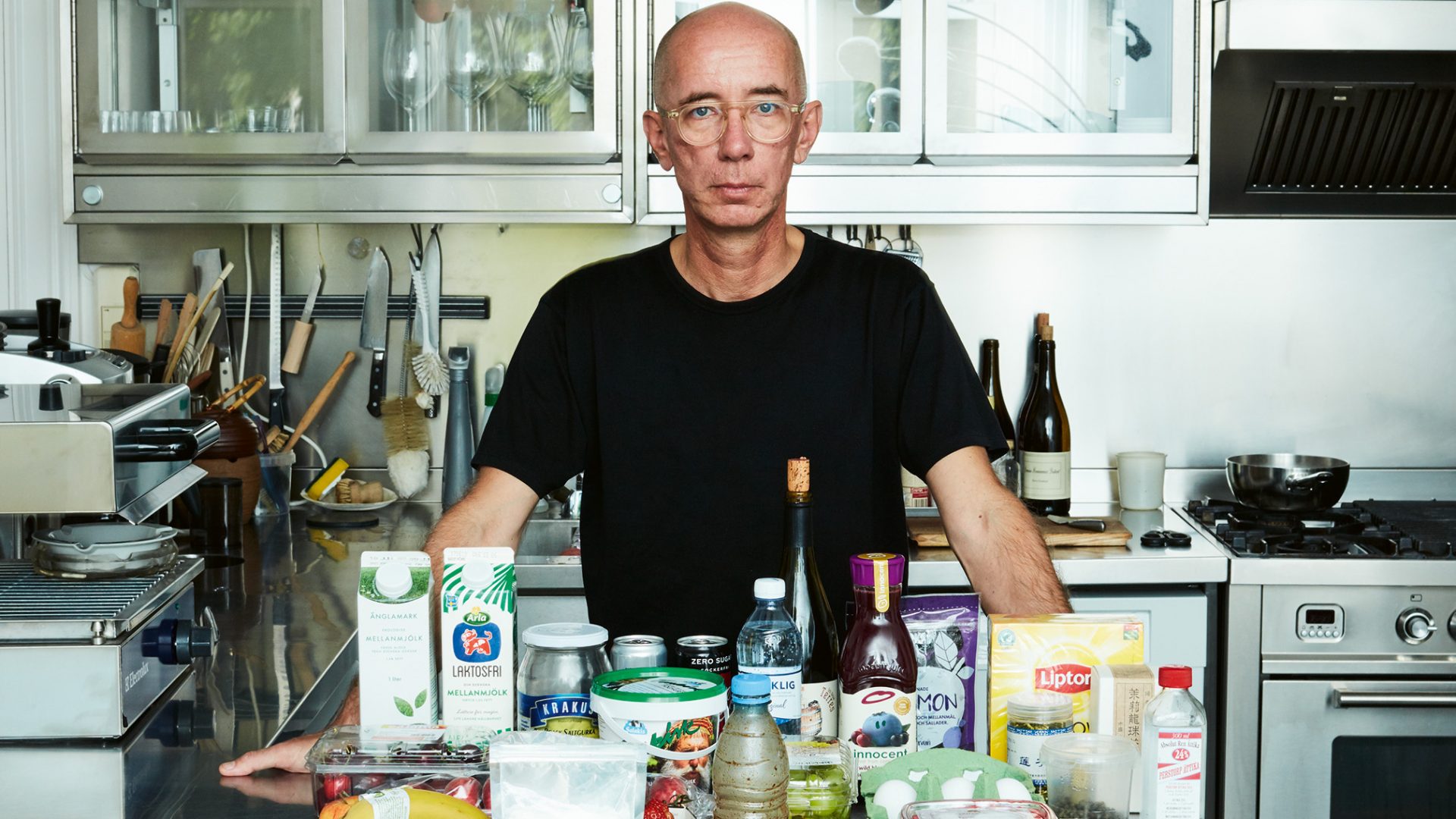After endless talk before the election about the potential power of a so-called rainbow coalition of political parties to change the UK, it seems the country finally has one. At the farmers’ protest last week, leading figures from the Greens, Liberal Democrats, Conservatives, and Reform all united to protect a tax break on estates typically worth £3m or more.
The temporary alliance of parties that on paper are so ideologically different might seem puzzling – especially when the co-leader of the Greens, who advocate for wealth taxes, is opposing the reintroduction of a wealth tax on the rich – but largely makes sense under political logic.
Green co-leader Adrian Ramsay represents a rural seat (and the Green Party doesn’t whip MPs). The ostensibly centrist Liberal Democrats support any policy that will help them win and hold seats, and oppose any that don’t – an opportunistic populism-lite that may be cynical, but gets rewarded at the ballot box, until they get near power. Opposing inheritance tax is easy for the Tories, and obvious for a party like Reform, whose populism relies on older voters.
Old-fashioned political divides and ideologies don’t matter on this issue: there is a chance to kick the government, and everyone’s invited. This is increasingly the case beyond just farming, too.
Labour and the Conservatives agree that supporting Ukraine against Russian aggression is a strategically vital cause for European security, as well as the right thing to do morally. The Biden administration agreed. But wars are unpopular, funding overseas wars is generally unpopular when money is tight at home – and no one likes the sound of sleepwalking into a third world war.
That allows everyone from Donald Trump to Jeremy Corbyn and Diane Abbott to unite on what looks like an anti-war message, supporting negotiations, opposing arming Ukraine with missiles (Russia firing missiles into Ukraine is not escalatory, but Ukraine doing the same to Russia apparently is) and generally calling for “peace”. The UK and Europe’s parties increasingly line up around that, too.
Resistance to what might once have been seen as conspiratorial or crankish associations are fading across the board. This could be seen at the farmers’ protest, at which Jeremy Clarkson held a neat, printed, black-and-white sign “WITH OUR FARMERS #Together” as he campaigned to protect the tax-free status of his investment.
The hashtag – who still uses hashtags in 2024? – was not a generic slogan: there is an organisation called “Together” that was associating itself with the farmers’ protests. It grew up out of opposition to lockdowns, and it has similar misgivings about net zero, 15-minute cities and Ulez, as well as holding some esoteric positions, such as arguing that there is no link between air pollution and deaths.
There’s nothing particularly special – and nothing obviously dangerous – about the group, which is just one of many soft populist fringe groups, helmed by GB News talking heads and boosted by social media, which seem to be blending traditionally left and right parties and voters in two coalitions. These are, broadly speaking, the incumbents and the “fuck yous”.
The coalition in the ascendancy, across the globe, can bluntly be called the “fuck you party”. 2024 has been the biggest election year in the history of humanity, and the broad message of those votes has been a resounding “fuck you” to whoever is in power. No incumbent party increased their vote share in any developed democracy this year – the first time that’s happened in a century.
The reasons why people are annoyed with incumbents are hardly a mystery, nor are they unjustified. The people who have been running the job can hardly be said to have done a good job: inflation has soared, growth has stalled, and governments across the world seem to have been wrongfooted by their ageing populations and dealing humanely with immigration caused by international tumult.
People look at conflict flashpoints around the world and feel scared, look at Israel/Gaza and feel appalled, look to the poverty and social strife in their own neighbourhoods and feel sure someone else must be cashing in on all this misery.
Voters have good cause to be pissed off, and the incumbents of the world have had little to recommend them: few people would try to defend the last days of the 14-year Conservative government, Joe Biden’s administration was surprisingly effective by some measures, but the man himself was obviously exhausted, and in Europe Emmanuel Macron and Olaf Scholz are clearly failing to get anything done.
The problems arise when the exhaustion and frustration with incumbents turns into antipathy to the hard grind of fixing deep-rooted problems. Compromise is out of fashion, as is waiting – people feel that it’s been long enough, and they want solutions now. That’s the attitude that fuels populism and enriches grifters.
The parties closest to power often feel obliged to act like incumbents even if they aren’t currently the government, not least because they know that after an election they might actually have to deliver. But for everyone else, the obvious play is to be on the side of the public anger – and there’s a lot of that right now. Why defend the indefensible if you don’t have to?
As a result, on a growing range of issues, parties of the left and right find it easy to align with one another. In the UK, that’s no to scrapping winter fuel allowance, no to VAT on private school fees, yes to farmland tax breaks, and “peace” for Ukraine and a “ceasefire” in Gaza, whatever those are understood to mean. Countries across Europe and beyond have their similar lists.
Incumbents start with a major disadvantage in this fight: they have to remain tethered to reality, and they are by default responsible for anything bad that happens, and anything good that fails to materialise. Higher prices, conflicts, and sudden economic crises might be out of their actual control, but they will get the blame for them. But with that baggage does come the ability to actually enact change and get things done.
Tackling the “fuck yous” means actually delivering on policies that people agree make their own lives better, but that takes time. In the meantime, part of it is about messaging: you can be in office without looking like you’re defending every bad decision a government has ever made.
Keir Starmer seems determined that his government looks like the most incumbent-ish, establishment organisation in history. In messaging terms, he seems to have taken on most of the PR lines of Rishi Sunak’s premiership – even close followers of UK politics would struggle to complete a “who said what” of the two governments.
Starmer seems even to have inherited the exhausted vibe of the last Tory government. Labour has been in power for less than six months and it feels like they’ve been there for years.
Almost every bit of messaging is a new piece of bad but apparently necessary news: no winter fuel allowance, no £2 bus fares, no end to the two-child cap, a smaller discount on Help To Buy, higher tuition fees at university.
The biggest social policy the new government is pushing is for the right to die, which feels painfully apt as a political metaphor, but which has divided Labour and Starmer’s cabinet over a private member’s bill before it is remotely under way with its own agenda. Rachel Reeves’s first budget punted every major economic reform to the future: there’s a bit more tax, a bit more spending, and no explanation of why growth will return or things will meaningfully get better.
As if to epitomise Labour’s agglomeration into the incumbent blob, when Starmer met with the investment giant BlackRock – hardly a popular household name – his social media team decided to tweet out the meeting, as if it might be met with raucous applause.
Instead, it pissed off left wing activists and Labour MPs like Clive Lewis, and set off a flurry of new conspiracy theories that Labour is trying to sell off British farmland to BlackRock as part of a globalist plot. Everything Starmer does at the moment seems designed to help the “fuck yous” with new visuals, talking points and lines of attack.
The public like it when a politician sounds human, and when it sounds like they’re telling the truth – not least because both are novelties. For Labour, that can be as simple as sounding like the person who’s just bought a fixer-upper, instead of the landlord trying to cover up its shortcomings. Yes, the floorboards do seem rotten, they’ll need fixing. No, we’re furious that the roof leaks, too. We’d love to get some wallpaper up, but there’s no point doing it until it’s watertight, eh?
Smaller parties risk selling themselves short by getting on the “fuck you” bandwagon. The charge that the UK Greens are, in practice, arch-conservatives – don’t build houses, don’t run trains, tax wealth in theory but NOT LIKE THAT, and so on – will stick more easily now. The Lib Dems will have to weather allegations of opportunism and will surely know if they join another coalition their voter base will disintegrate. Flirtation with the “fuck yous” for the Conservatives, who still see themselves as the natural party of government, risks undermining their brand for good.
But the “fuck yous” are winning, and it will probably be painful. Donald Trump is getting ready to take over the American presidency. The German government has collapsed and everything is stalled until at least April. France’s impossible parliamentary coalition will surely disintegrate in the very near future. “Fuck you” only works in opposition: it has no answers once it’s actually in charge.
“Fuck you” is the spirit of the age. We need to find an answer to it, before it fucks us all.




